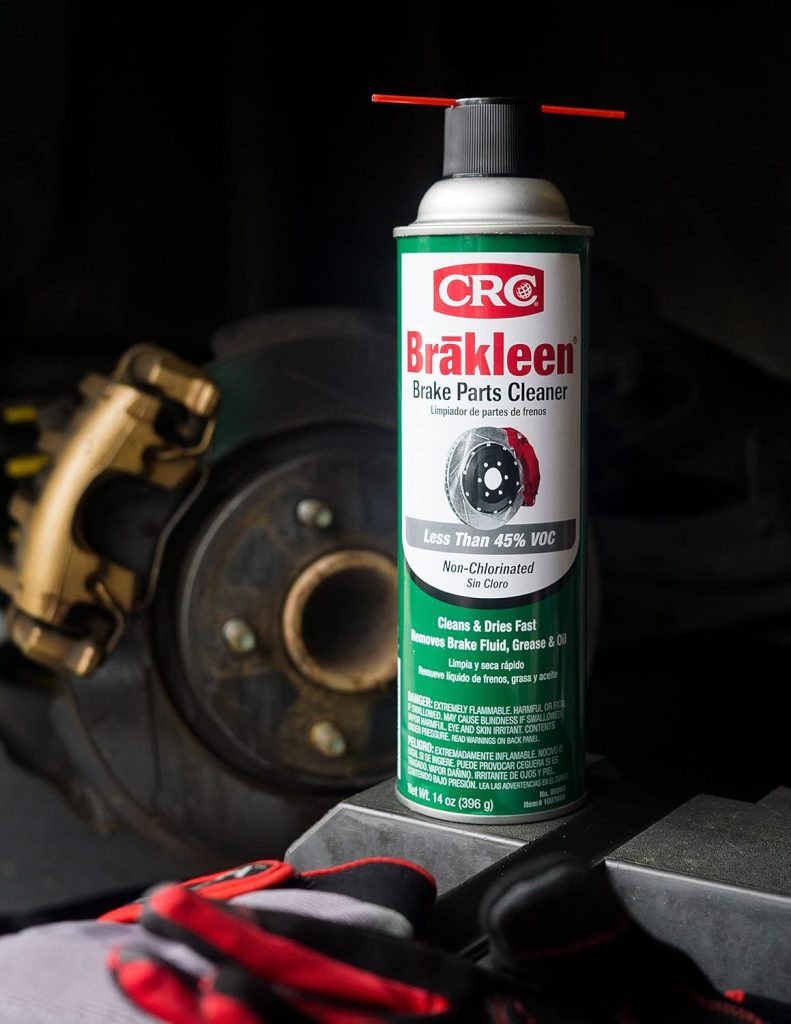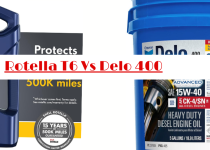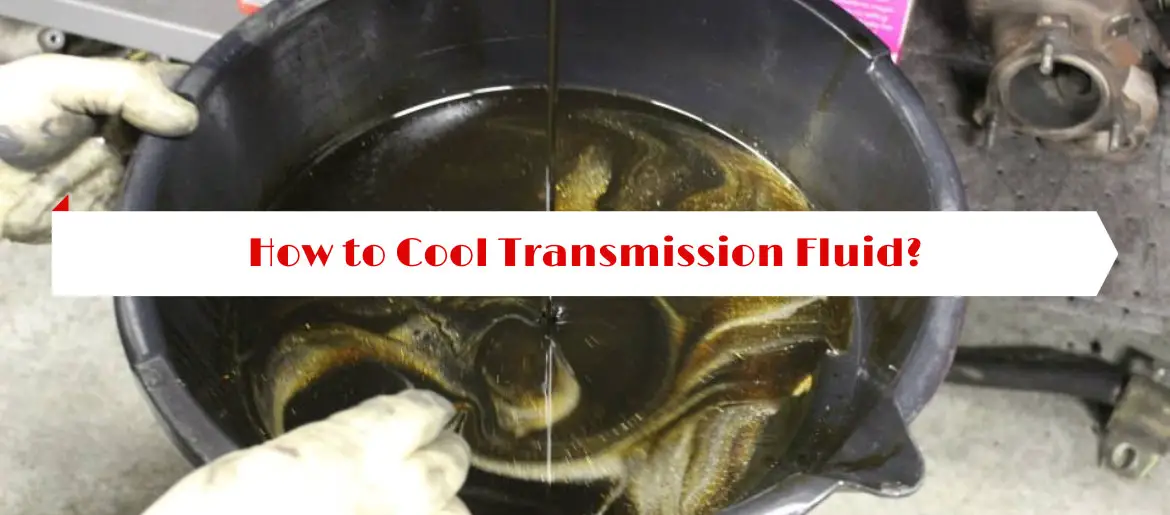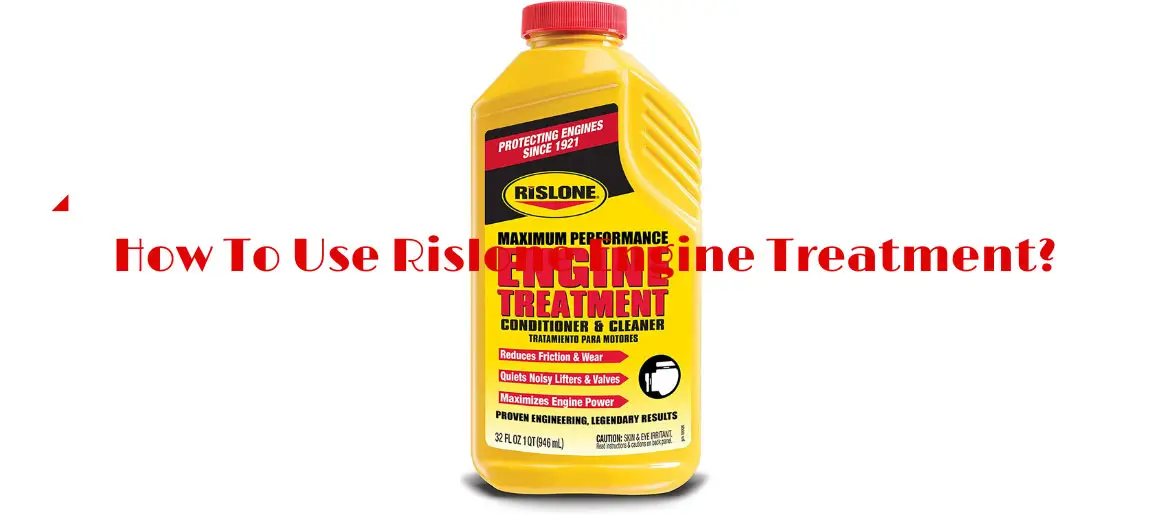Chlorinated vs Non Chlorinated Brake Cleaner Explained
Quick Answer: The main difference between chlorinated vs non chlorinated brake cleaner is the chemical composition. Chlorinated cleaners are stronger, evaporate quickly, and leave no residue, while non chlorinated versions are safer, more environmentally friendly, and legal in states with VOC restrictions.
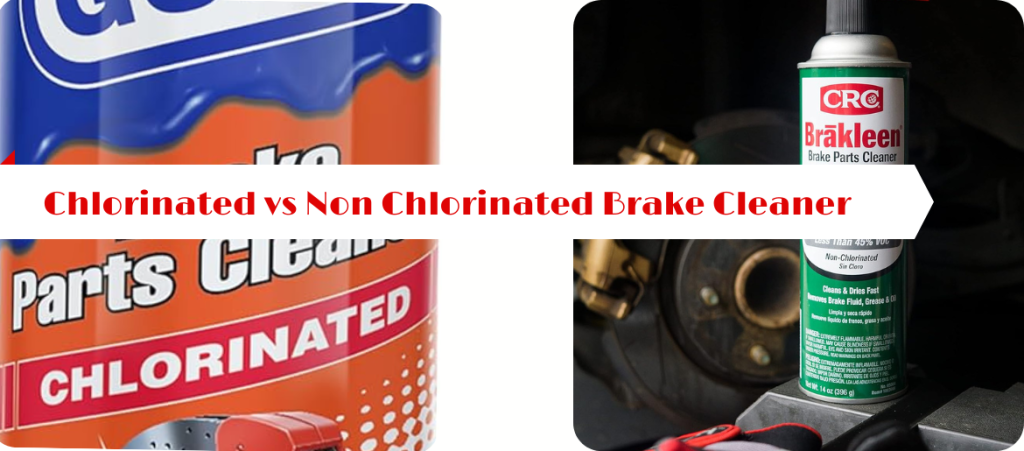
Quick Comparison: Chlorinated vs Non Chlorinated Brake Cleaner
| Feature | Chlorinated Brake Cleaner | Non Chlorinated Brake Cleaner |
|---|---|---|
| Cleaning Power | Stronger, dissolves oil/grease fast | Moderate, may need scrubbing |
| Evaporation Rate | Fast, leaves no residue | Slower, may leave slight film |
| Safety | More toxic, harsh fumes | Safer but still flammable |
| Environmental Impact | Contains VOCs, ozone-depleting | Compliant with VOC laws |
| Cost | Often cheaper | Slightly more expensive |
| Best Use | Heavy-duty professional shops | DIY, eco-friendly maintenance |
Understanding Brake Cleaners
Brake cleaners are solvents designed to remove grease, oil, brake fluid, and contaminants from braking components. A clean braking system ensures maximum friction, preventing brake fade and improving stopping power.
The debate around chlorinated vs non chlorinated brake cleaner is important because regulations, safety concerns, and performance expectations differ. Choosing the right one can affect both your vehicle’s performance and your health.
Chlorinated Brake Cleaner
What It Is
Chlorinated brake cleaner contains chlorinated solvents such as tetrachloroethylene or methylene chloride, which are highly effective at breaking down contaminants.
Pros
- Extremely strong cleaning power
- Evaporates quickly, leaving no residue
- Works well in professional shop settings
Cons
- Releases toxic fumes harmful to humans and the environment
- Restricted or banned in many U.S. states (California, New Jersey, etc.)
- Not suitable for all materials (may damage plastics or rubber)
Non Chlorinated Brake Cleaner
What It Is
Non chlorinated cleaners rely on hydrocarbons like heptane, acetone, or ethanol. They are designed to comply with environmental regulations while still providing solid cleaning ability.
Pros
- Safer alternative with fewer toxic fumes
- VOC-compliant and legal in all states
- Less risk of chemical burns or long-term exposure hazards
Cons
- Slightly weaker cleaning strength compared to chlorinated
- Slower evaporation may leave a temporary residue
- Usually more expensive than chlorinated versions
Performance Comparison
Cleaning Effectiveness
- Chlorinated: Best for heavy grease, oil, and carbon buildup.
- Non Chlorinated: Adequate for most DIY brake jobs, though may require extra scrubbing.
Evaporation & Residue
- Chlorinated: Leaves surfaces spotless, ready for reassembly.
- Non Chlorinated: May need wiping to ensure no film remains.
Safety & Health Concerns
- Chlorinated: Harsh—can cause dizziness, respiratory irritation, and long-term exposure risks.
- Non Chlorinated: Safer but still flammable; must be used in ventilated spaces.
Cost & Availability
- Chlorinated: Often more affordable but harder to find due to restrictions.
- Non Chlorinated: Widely available, though prices can be slightly higher.
Real-World Use Cases
- Professional Shops: Chlorinated cleaner is still preferred for heavy-duty cleaning (where legally allowed).
- DIY Car Owners: Non chlorinated is the safer, more practical option for routine brake maintenance.
- Regulated States: Non chlorinated is your only choice due to environmental laws.
Expert Recommendation
If you want maximum cleaning power and speed, chlorinated brake cleaner is unmatched—but only if it’s legal and you have proper ventilation and safety gear.
For most drivers and DIYers, non chlorinated brake cleaner is the smarter, safer choice. It’s compliant with laws, reduces health risks, and works well enough for routine maintenance.
Conclusion
The debate of chlorinated vs non chlorinated brake cleaner comes down to performance vs safety. Chlorinated offers raw cleaning power but with health and legal risks. Non chlorinated is eco-friendlier, safer, and widely available, making it the best all-around option for everyday users.


